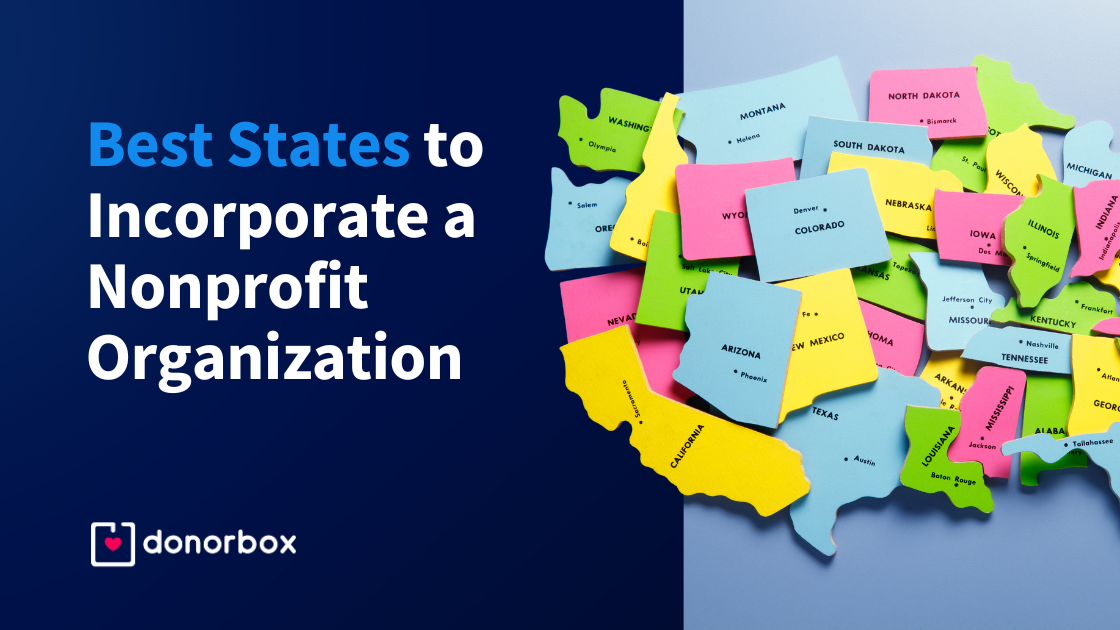Leading Nonprofit Agency: Offering Strategic Advice for Mission-Driven Groups
Leading Nonprofit Agency: Offering Strategic Advice for Mission-Driven Groups
Blog Article
Discovering the Diverse Functions and Responsibilities of a Nonprofit Company in Resolving Social Issues and Encouraging Adjustment
Nonprofit agencies serve as crucial representatives of adjustment within culture, taking on a myriad of social concerns via complex strategies. Their duties expand beyond plain solution arrangement; they engage in campaigning for, resource mobilization, and area outreach, often acting as a bridge in between vital services and marginalized populaces.
Recognizing Nonprofit Company Functions
The efficiency of nonprofit firms rests on a clear understanding of their diverse functions within culture. These companies function as critical middlemans between the public, exclusive, and governmental fields, dealing with numerous social concerns and promoting for change. Not-for-profit companies commonly function as solution suppliers, supplying necessary programs and resources to underserved populaces. This role is vital in loading voids that may exist in public services, making sure that prone teams have accessibility to essential support.
In addition, nonprofits play a crucial function in campaigning for, increasing awareness and affecting policy decisions that impact their areas. By participating in research study and public education and learning, these organizations assist form public discourse and advertise informed decision-making - nonprofit agency. They also offer as systems for volunteerism, setting in motion neighborhood participants to contribute their time and abilities towards cumulative objectives
Moreover, not-for-profit companies often act as conveners, uniting varied stakeholders to cultivate partnership and collective impact. This collective technique improves their ability to resolve facility social concerns effectively. Comprehending these multifaceted roles is essential for optimizing the capacity of not-for-profit companies in producing sustainable social modification and improving general neighborhood wellness.
Community Involvement and Outreach
Efficient area interaction and outreach are fundamental elements of not-for-profit companies' approaches to foster connections and construct trust fund within the communities they offer. These initiatives concentrate on recognizing neighborhood requirements, promoting recognition of available sources, and encouraging participation in programs made to attend to social issues. Not-for-profit organizations utilize a variety of approaches to involve with community participants, such as workshops, informative sessions, and collective occasions.
Outreach efforts serve to reinforce partnerships with varied populaces, especially marginalized groups that may encounter obstacles to gain access to. By utilizing culturally pertinent communication techniques and leveraging local collaborations, nonprofits can improve their visibility and show their commitment to area empowerment. This technique not just grows a sense of belonging but also boosts the probability of sustained engagement.
Additionally, effective community involvement goes beyond plain engagement; it entails actively listening to community members' responses and incorporating their insights into program advancement. This collective procedure ensures that the services offered are responsive, appropriate, and customized to the one-of-a-kind difficulties encountered by the community. Eventually, cultivating strong links through involvement and outreach can bring about more impactful interventions and a higher cumulative effort toward advertising favorable social adjustment.
Advocacy and Plan Influence
Campaigning for works as an essential device for not-for-profit agencies to influence public policy and drive systemic adjustment. By leveraging their proficiency and area understandings, these companies can successfully represent marginalized populaces and address pressing social issues. Nonprofits involve in advocacy through numerous strategies, consisting of public understanding campaigns, grassroots mobilization, coalition structure, and direct lobbying of policymakers.
Through these efforts, not-for-profit firms intend to shape legislation and policy structures that line up with their goal and the requirements of the communities they serve. They conduct research, gather information, and share compelling stories to highlight the necessity of details problems, guaranteeing that decision-makers are informed and motivated to act. This procedure not just intensifies the voices of those affected by social oppressions yet additionally cultivates an extra fair and comprehensive policymaking environment.
Furthermore, campaigning for initiatives typically seek to develop long-lasting structural changes, resolving root causes rather than just relieving signs. By focusing on plan influence, not-for-profit agencies add to a broader understanding of social challenges and advertise solutions that can bring about sustainable renovations in societal health. Inevitably, advocacy is basic to the transformative role nonprofits play in developing a just and fair culture.
Fundraising and Source Monitoring
Nonprofit firms depend on durable fundraising and resource administration methods to support their campaigning for initiatives and maintain their objectives. Efficient fundraising is essential for making sure the schedule of funds necessary to execute programs and activities that deal with pressing social issues. This procedure often includes expanding revenue streams through grants, specific donations, corporate address sponsorships, and fundraising occasions. By using a multi-faceted approach, nonprofits can mitigate the threats linked with reliance on a single funding source.
Source management is just as vital, as it entails the critical allocation of both economic and human sources to optimize effect. Nonprofits should create budget plans that align with their goals while making certain transparency and responsibility to stakeholders. This entails routine monitoring of expenditures and readjusting approaches as required to optimize resource use.

Partnership and Partnerships
While numerous organizations pursue their goals individually, cooperation and collaborations can considerably enhance the efficiency of nonprofit firms. By interacting with various other nonprofits, federal government entities, and personal market organizations, nonprofits can merge resources, share proficiency, and amplify their influence on social concerns. Collective efforts typically result in innovative solutions that might not be attainable separately, leveraging the staminas of each partner to attend to intricate difficulties.

Eventually, efficient cooperation requires clear communication, shared objectives, and shared respect amongst partners. By accepting a Going Here cooperative strategy, nonprofit companies can produce lasting networks that not only address prompt social problems yet likewise add to long-term systemic adjustment, promoting an extra equitable society. With collaboration, nonprofits can grow and optimize their possibility for purposeful influence.
Final Thought
Not-for-profit companies offer as critical entities in cultivating and dealing with social concerns modification within areas. Eventually, the complex functions of nonprofit firms substantially add to the pursuit of social justice and the improvement of neighborhood well-being.
Comprehending these diverse duties is important for taking full advantage of the potential of not-for-profit companies in creating lasting social change and boosting general community health.
Reliable neighborhood involvement and outreach are essential elements of not-for-profit agencies' approaches to develop and cultivate connections trust within the neighborhoods they serve. By more working together with other nonprofits, government entities, and exclusive sector organizations, nonprofits can pool resources, share know-how, and magnify their impact on social problems.Nonprofit companies offer as critical entities in promoting and dealing with social problems modification within areas - nonprofit agency. Eventually, the multifaceted duties of nonprofit companies dramatically add to the pursuit of social justice and the renovation of neighborhood wellness
Report this page